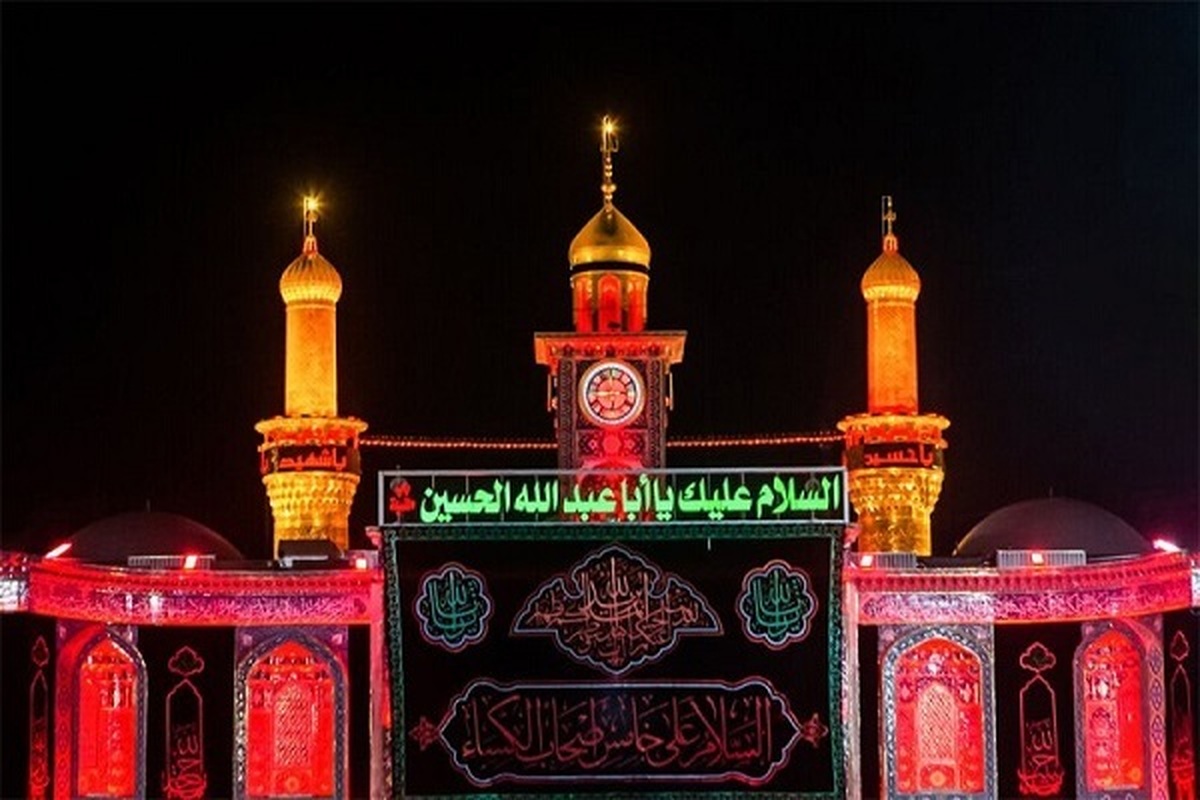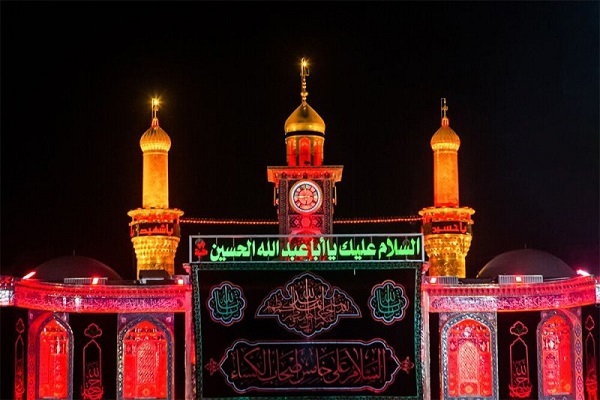Status of Imam Hussein in Quran


Additionally, some other verses of the Quran point to a truth whose most evident manifestation can be recognized as Imam Hussein (AS).
The uprising of Imam Hussein (AS) against the rule of Yazid was a monumental and epic event, whose name has been eternally immortalized in the history of Islam.
Imam Hussein (AS), the creator of this great uprising, is a personality who opened his eyes to the world during the lifetime of the Prophet Muhammad (PBUH) and was raised in the care of the Prophet (PBUH) and his father, the Commander of the Faithful, Ali (AS). Thus, although he was in his childhood, he was present alongside the Messenger of God (PBUH) during the revelation of the Holy Quran.
Some verses of the Holy Quran directly indicate the exalted status of Imam Hussein (AS), while others express concepts and truths whose clear embodiment can be found in the blessed existence of the Imam (AS).
Read More:
One of such verses is the Verse of Mawaddat, in which God says: “(Muhammad) Say: ‘For this I ask of you no wage except the love of the (my) relatives.’” (Verse 23 of Surah Ash-Shura)
Hadith scholars such as Ahmad ibn Hanbal, Ibn Munzir, Ibn Abi Hatam, Tabarani, and Ibn Mardawayh have narrated from Ibn Abbas that when this verse was revealed, the companions asked, “O Messenger of God, who are the Dhawi al-Qurba (near kin) whose love has been made obligatory upon us?” The Prophet (PBUH) replied, "Ali, Fatimah, and their two sons, Hassan and Hussein (peace be upon them).”
Another verse reveals concerning the status of the Ahl-ul-Bayt (AS) is the Verse of Tathir (Purification):
“People of the house, God wants to remove all kinds of uncleanliness from you and to purify you thoroughly.” (Verse 33 of Surah Al-Ahzab)
Based on numerous narrations found in both Shia and Sunni sources, the term Ahl-ul-Bayt in this verse refers to Hazrat Zahra Fatimah, Ali, Hassan, and Hussein (peace be upon them). For example, Umm Salamah, the Prophet’s wife, reported that the Prophet (PBUH) said to Fatimah (SA), “Bring your husband and children to me.” When they all gathered, the Messenger of God covered them with a cloak and recited the Verse of Purification over them.
Read More:
The Verse of Mubahala (Mutual Cursing) is another verse that highlights the elevated status of Imam Hussein (AS). During the event of Mubahala, the Christians of Najran debated with the Prophet (PBUH) regarding the truth of Christianity, and it was finally agreed that both sides would bring their families to invoke God’s curse upon the liars. The Quran says:
“If anyone disputes (your prophesy) after knowledge has come to you, say, ‘Let each of us bring our children, women, our people, and ourselves to one place and pray to God to condemn the liars among us.’” (Verse 61 of Surah Al Imran)
According to widely transmitted narrations from Shia and Sunni sources, the Prophet (PBUH) only brought Ali, Fatimah, Hassan, and Hussein (peace be upon them) with him to this event. Thus, the term “our sons” in the verse refers to Hassan and Hussein (peace be upon them).


